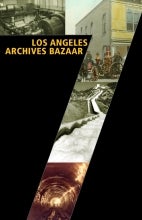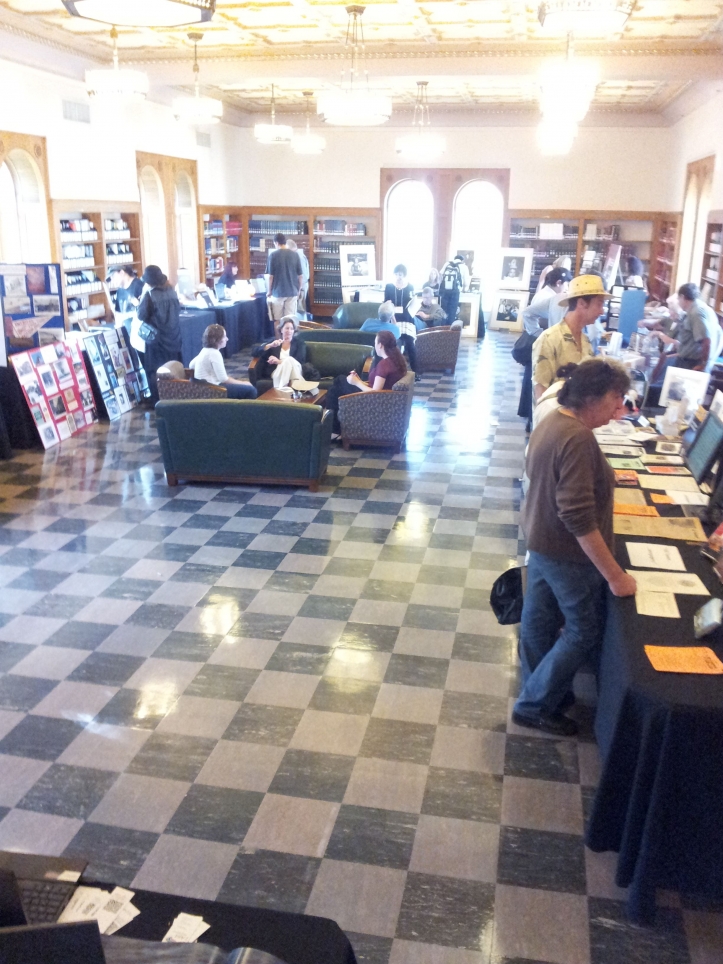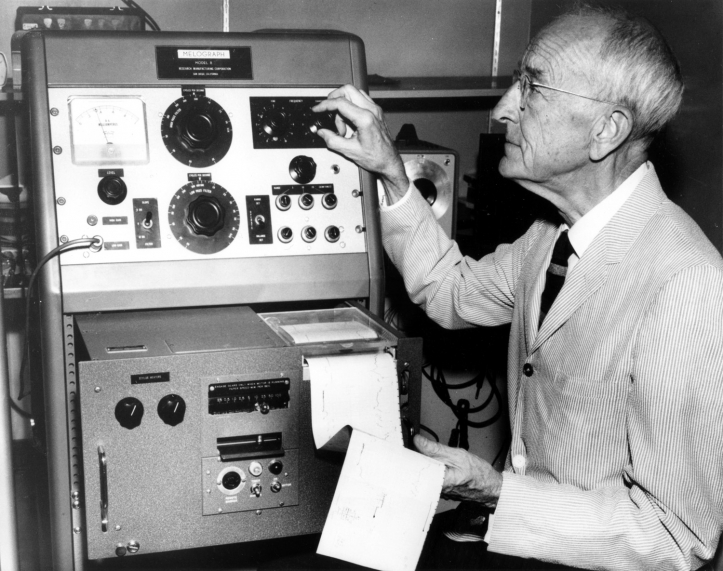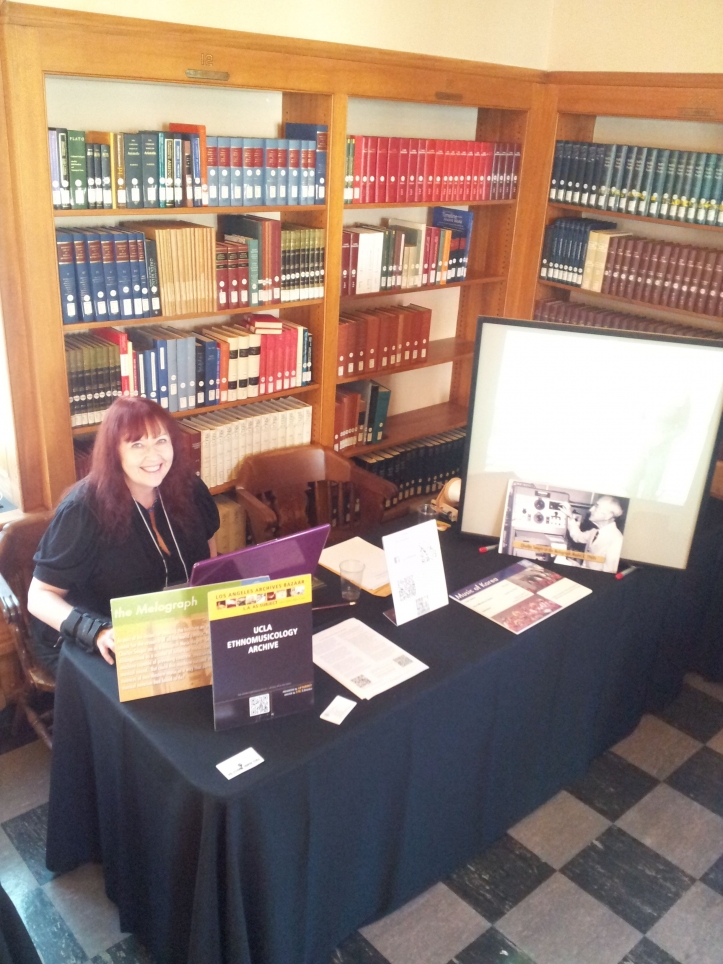7th-Annual Los Angeles Archives Bazaar

Saturday, October 27th, was the 7th-Annual Los Angeles Archives Bazaar. Organized by L.A. as Subject and presented by the USC Libraries, this annual event celebrates the diversity of Southern California’s archives, libraries and special collections. The event is for scholars, researchers, history buffs, journalists and those simply interested in exploring the stories of Los Angeles. In addition to the 86 archives that were represented, there was daylong programming that included panel discussions, educational sessions and documentary film screenings.
I encourage those of you who were unable to attend the Bazaar to look at the LA as Subject Member Directory. The Southern California area has a truly rich variety of archives and you might well find an institution or collection that has exactly the archival materials you need for your research.

7th-Annual LA as Subject Bazaar (photo courtesy Aaron Bittel)
The Ethnomusicology Archive is a member institution of LA as Subject and we attend the Bazaar each year. It is a wonderful way to spread the word about the Archive and to meet interested researchers, community members and fellow archivists and librarians.
The Archive’s Los Angeles-based materials include:
- Archiving Filipino American Music in Los Angeles: commercial and field recordings of LA-based Filipino American artists.
- Donn Borcherdt Collection: the earliest known recordings of rural Mexican music.
- Gospel Archiving in Los Angeles: commercial and field recordings of LA-based Gospel music.
- UCLA Ethnomusicology Audiovisual Collection: audiovisual recordings documenting guest artists, lectures, and performance ensembles associated with Ethnomusicology at UCLA.
- Emily Sene Collection: field recordings of LA-based Sephardic music.
- D. K. Wilgus Folksong Collection: LA-based field recordings documenting cowboy songs, jokes, oral histories, lady lore, blues, folk music, the UCLA Folk Music Festivals, and more.
- Don Ellis Collection: jazz trumpeter, composer and bandleader Ellis is probably best known for his extensive musical experimentation. Ellis’ rhythmic innovations came as a direct result of his studies in non-Western musical cultures, which included graduate work at UCLA’s Department of Ethnomusicology.
Each and every year, we are amazed at the turn-out and at how many people stop by the Archive booth to either say hello, share a story, talk about UCLA Ethnomusicology, or ask us for assistance in researching their topic.
This year we had questions ranging from "How can I become an archivist?" (short answer, get an MLIS) to "Do you have any materials relating to Fil Am hip-hop?" (we do, in fact, one of Ethnomusicology's current Ph.D. students wrote a paper about the collection for EMR!) to "What is that machine?" (a melograph.)
Perhaps my favorite moment of this year's event began when a man walked up to our table, pointed to the picture of Charles Seeger at the melograph, and said to his wife, "Hey, that's Charlie Seeger." Charlie Seeger? I knew he had to be someone who actually knew Professor Seeger! It turns out he was one of Seeger's teaching assistants during Seeger's tenure at UC Berkeley. The gentleman spent the next 15 minutes regaling us with tales of Professor Seeger. I, in turn, told him that until his March retirement from UCLA, Charles' grandson, Anthony Seeger, has been the Archive's faculty Director. Six degrees of UCLA Ethnomusicology.

Charles Seeger at the Melograph -- © The Regents of the University of California, All Right Reserved
For anyone interested in learning more about Charles Seeger, in his own words, I highly recommend listening to the Charles Seeger interviews at UCLA's Center for Oral History Research. The interviews were conducted between 1966-1971.
We want to thank everyone who came to the Bazaar and stopped by to speak with us. We want to especially thank the UCLA Ethnomusicology staff and students (both current and past) for coming to USC to support us.
The 8th-Annual Los Angeles Archives Bazaar is already in the planning stages. The event is always in October, so if you missed it this year, consider attending next year.

Maureen Russell at the Archives Bazaar (photo courtesy Aaron Bittel)





